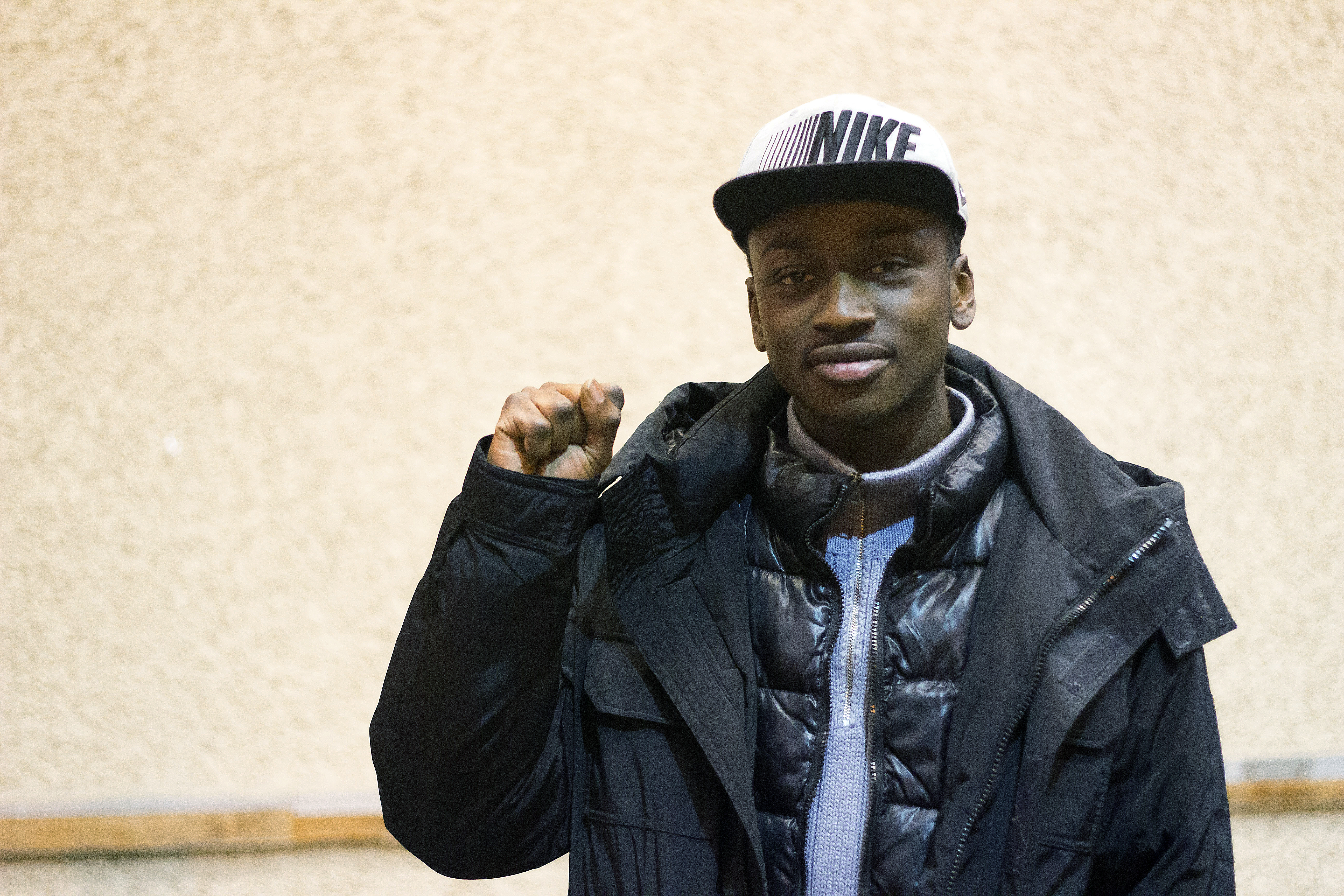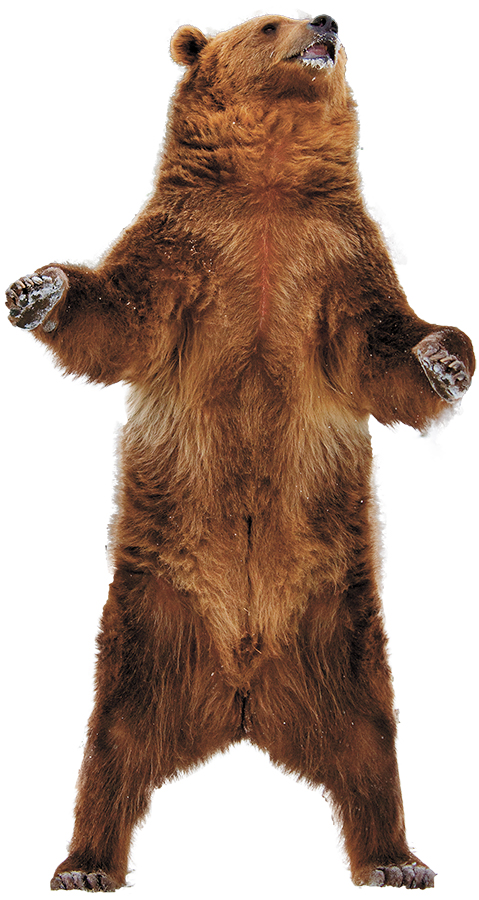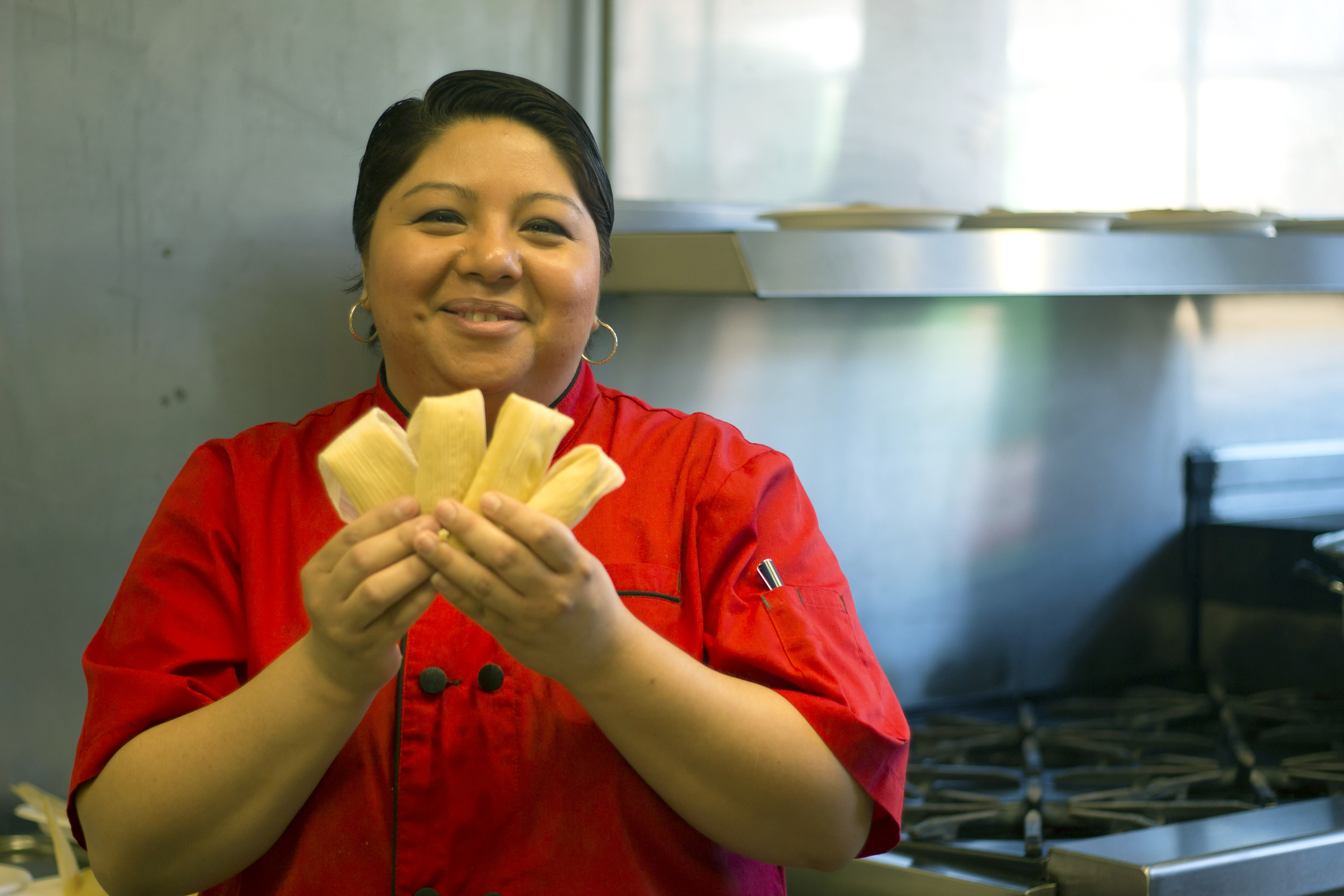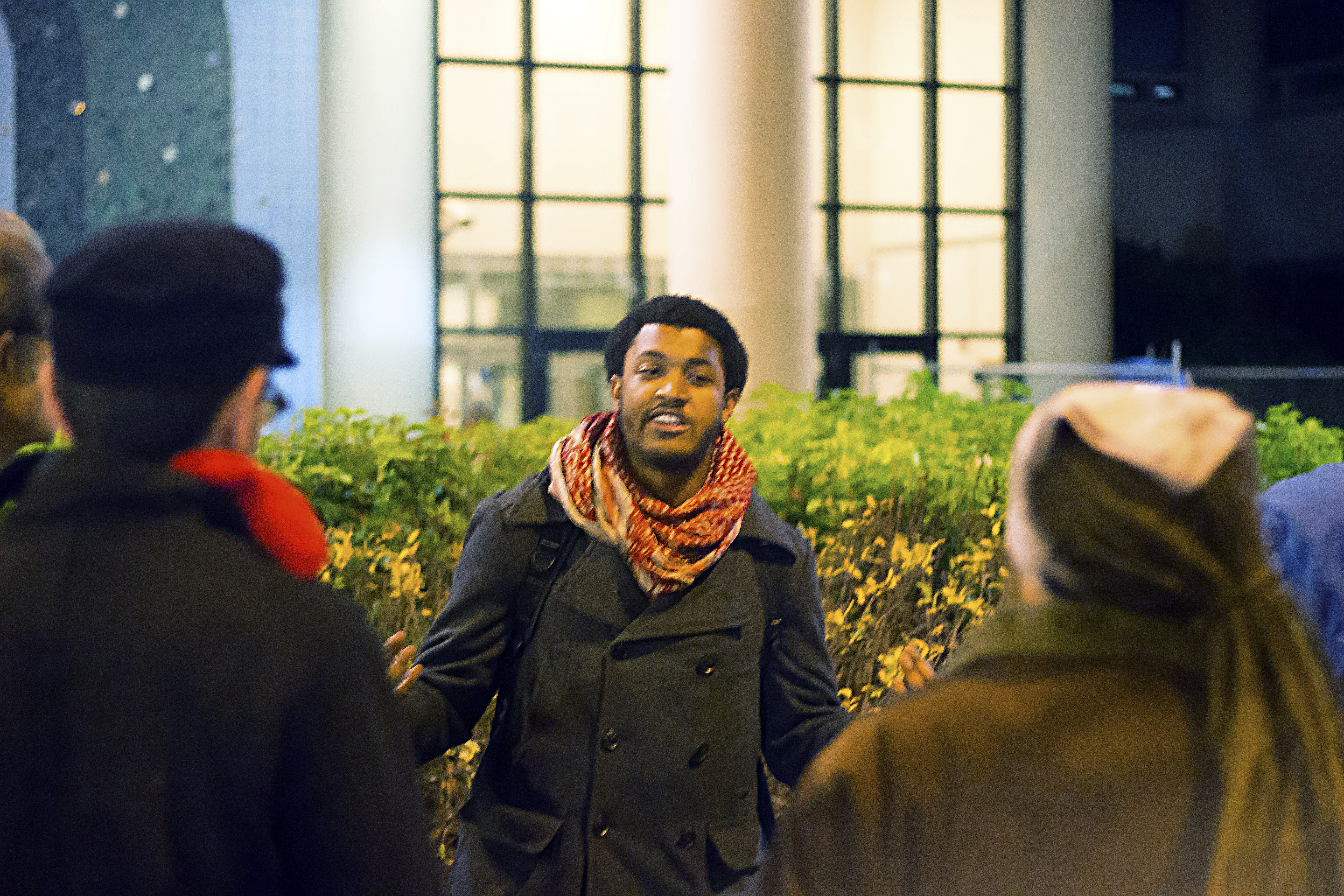Anger. Outrage. Disbelief. Sadness. These are the emotions I normally encounter when interviewing protesters. Understandably, since those powerful feelings correlate with the issues the protesters speak out against: racism, violence, social injustice. So it’s a surprise when I meet Malcolm after Monday’s Martin Luther King Jr. Day protests, because Malcolm is smiling. Malcolm is excited. Malcolm can hardly sit still in his seat as we discuss the Black Lives Matter movement and police brutality over coffee in a south Seattle Starbucks near his home. After a few minutes of talking to the 21-year old Seattle native and Franklin High school alumnus, I realize Malcolm is the most positive protester I have ever met.
How did you get started in the protests? It started back when the minimum-wage fight got going. I met people from Working Washington [a local advocacy group], and they got me going in the fight for a $15 minimum wage. I’ve always been an outgoing person, but I’d never thought of myself as being an activist before that. They opened my eyes to the issues. It was so empowering. We brought attention back to the workers.
Was it easy to transition to the Black Lives Matter protests? Absolutely. I’ve had my own personal issues with the police, and I was happy to get involved.
Can you describe your experience with the police at the protests? Their very presence just feels like oppression. We’re supposed to be a community with some control over how things happen around us. But the police seem to always be against us, rather than offering support.
Have you had any problems with police at the protests? I got arrested once. We marched to Bellevue for minimum wage and I got arrested. A bunch of people did.
How did that feel? Oh, man. It was empowering.
Have you been involved in the protests as more than a participant? Yeah. I’ve had the opportunity to speak at a few events, including the one today for Martin Luther King Day.
How do you prepare for that? I don’t prepare anything really. I’m not the writing type. Plus, when it comes to speaking to people and reaching them, I feel that really has to come from the heart.
So what’s next for the movement? I just see the movement getting stronger. I don’t see this going away anytime soon. We’re going to be protesting for as long as it takes. As long as there are groups willing to be out there, I’ll join them. We’re just getting started. We’re building momentum.
And what’s next for you? I’m interested in social justice now. The issues are too real. Amazing things are happening right now. I’ve been learning more about black history because I don’t think you can understand where you’re going if you don’t know where you’ve been. Plus, a lot of black history isn’t taught to us. I’ve been thinking about going back to school too, to study social justice. I took some classes at Seattle Central before, but I had no idea what I wanted to do. Now I know.
news@seattleweekly.com
Profiles in Protest is an ongoing series spotlighting local activists involved in the Black Lives Matter protests. Read past interviews with The Maoist, The Vacuum Cleaner Salesman, The Donut Lady, The Guy Fawkes Guy, Queen Pearl, and The Master Student.








